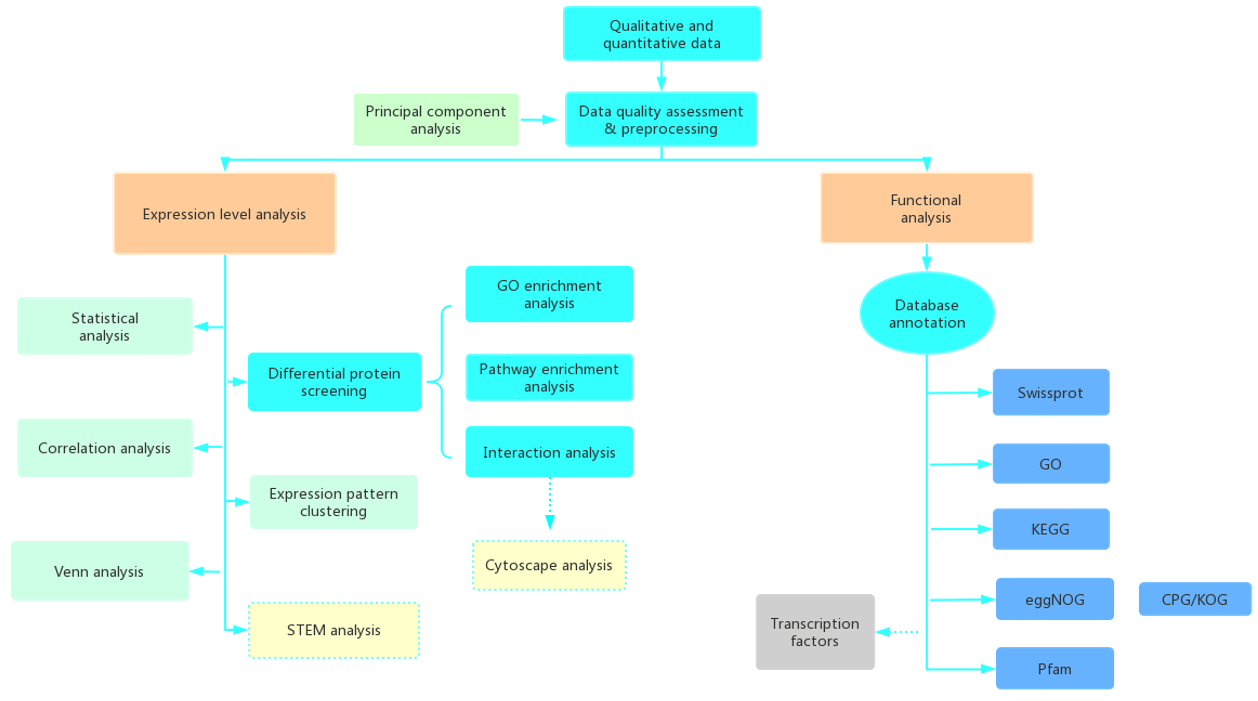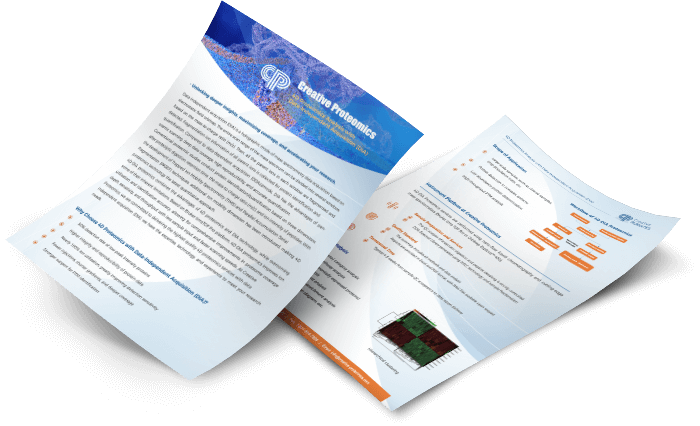In-Depth, Proteomic Solutions of Nasal Secretions
Chronic rhinosinusitis (CRS) is a group of diseases characterized by the sinuses and sinus mucosa inflammation. The total direct costs in the United States range from $10 billion to $13 billion annually. Allergic rhinitis (AR), an allergic disease of the nasal mucosa, is caused by the nasal mucosa of atopic individuals being highly sensitive to certain components in the inhaled air, such as pollen and dust. AR has the highest prevalence among allergic diseases. Epidemiological data confirm that a conservative estimate of 500 million people worldwide suffer from AR, and its incidence has been increasing significantly in the last decade. These upper respiratory diseases have complex etiologies and diverse clinical symptoms. However, the existing diagnostic methods lack specificity and are invasive, so patients with atypical symptoms or early diseases often missed detection. The diagnosis is unclear, and the failure to provide timely intervention and treatment makes rhinitis recurrent and even asthma appears. Therefore, it is important to explore and improve the laboratory testing methods for AR, CRS, and other upper respiratory tract diseases.
Why Do Proteome Analysis of Nasal Secretions?
Nasal secretions or nasal mucus are the first line of defense against a variety of pathogens, including allergens. Proteins in nasal mucus may serve as biomarkers for diagnosis or future therapeutic strategies. Proteomics opens up the possibility of studying the entire human proteome. Nasal secretions or nasal mucus consist of a variety of lipids, glycoconjugates, cells, cellular debris, and proteins. Nasal secretions or nasal mucus proteins act as enzymes or enzyme inhibitors, antioxidants, antimicrobial agents, and mediators. Their proteins are mainly lysozyme, lactotransferrin, secretory immunoglobulin IgA, IgE, IgG, albumin, and other antimicrobial agents. Other proteins include kinin release enzymes, antiproteases, glucuronidase, and alpha-galactosidase.
Invasive procedures (e.g., biopsy) carry a risk of infection. Nasal irrigation, swabs, and pipettes are alternative means of sampling, all of which are sustainable and free of infection risk. In addition, proteins in nasal samples can reflect upper respiratory tract diseases as well as antimicrobial proteins. Therefore, nasal secretions are valuable in the study of upper respiratory tract diseases such as CRS and AR. Above all, proteomic analysis of nasal secretions can provide further insight into the protein abundance and biological processes of nasal diseases such as chronic rhinosinusitis (CRS).
Our Quantitative Proteomics Services for Nasal Secretions
Based on DIA technology, we have launched target proteomics and discovery proteomics services to detect proteins and other analytes in nasal secretions samples with high throughput, helping you explore novel biomarkers and accelerate the research process for diagnosis, prognosis, and treatment of related diseases.
Workflow
The depth and relatively straightforward nature of our workflow make the powerful detection of biomarkers of specific diseases possible.

Data Analysis

Advantages of Our Technologies
- High accuracy: QC CV as low as 25% for large projects
- High throughput, up to 9,000 proteins can be quantified at once
- Quantitatively identify nearly all detectable molecules, covering low-abundance proteins/peptides
- High repeatability, increased by 30% and up to 90%
- Complete and comprehensive information storage of samples in the first analysis
- Standard data and advanced data analysis
- Cost-effective
Sample Requirements
| Sample Type | Protein | # of Cell | Nasal Secretions |
| Quantify | 100 ug | 1×107 cells | 500 uL |
Report
- Experimental steps
- Relevant experiment parameters
- Mass spectrometry spectra
- Raw data
- Proteomics analysis results
Since we began to provide DIA technology service, we have accumulated a lot of experience not only in detecting a large cohort of conventional samples but also in providing a one-stop service of DIA+PRM+machine learning for biomarker studies, tumor-based proteomic typing, and a great deal of clinical sample proteomic analysis based on next-generation chromatography (Evosep DIA). Please contact us for a free consultation.
References:
- Peter Valentin Tomazic, et al. Nasal mucus proteome and its involvement in allergic rhinitis. Expert Rev Proteomics. 2020; 17(3): 191–199.
- Yi-Sook Kim, et al. In-Depth, Proteomic Analysis of Nasal Secretions from Patients With Chronic Rhinosinusitis and Nasal Polyps. Allergy Asthma Immunol Res. 2019; 11(5): 691–708.


 4D Proteomics with Data-Independent Acquisition (DIA)
4D Proteomics with Data-Independent Acquisition (DIA)